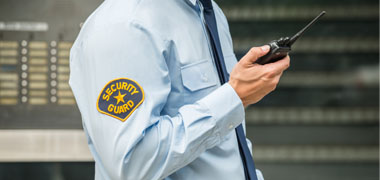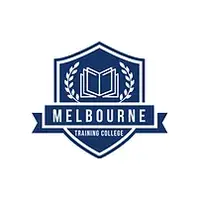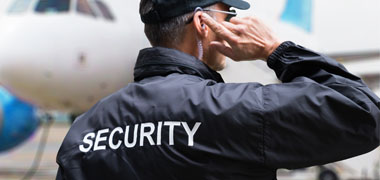
How do I become a security officer?
Certificate II in Security Operations
- There are no mandated entry requirements.




Certificate III in Close Protection Operations
- There are no mandated entry requirements.
 Asset College
Asset College
Certificate IV in Government Security (Personnel Vetting)
- There are no mandated entry requirements.
 Asset College
Asset College
Certificate II in Transport Security Protection
- Must pass a valid background check before accessing security-restricted resources for AVIG0001: Work in a transport security environment.
 Asset College
Asset College
Firearms Skill Set
- There are no mandated entry requirements.
 Asset College
Asset College
Course in Firearms and Weapons Safety (Approved for Firearms Licensing in Queensland)
- There are no mandated entry requirements.
 Asset College
Asset College
Cash-in-Transit Skill Set
- There are no mandated entry requirements.
 Asset College
Asset College
Batons and Handcuffs Skill Set
- There are no mandated entry requirements.
 Asset College
Asset College
Certificate III in Security Operations
- Must hold a current Security Officers licensing in the relevant jurisdiction.








Control Room Operations Skill Set
- There are no mandated entry requirements.
 Advance-Forward
Advance-Forward
Related occupations
Security Guard
A Security Guard ensures the safety of people and property by monitoring areas, managing crowds, patrolling, and responding to incidents.
CCTV Operator
A CCTV Operator monitors security footage for safety, identifies suspicious activity, and may alert emergency services when needed.
Customs and Border Protection Officer
A Customs and Border Protection Officer inspects luggage, verifies documents, and enforces border laws, requiring strong focus, judgement, and communication skills.
Security Consultant
A Security Consultant advises organisations on improving security systems, assessing risks, designing solutions, and communicating effectively with clients.
Security Manager
A Security Manager oversees security teams, manages staffing and logistics, trains personnel, and provides security advice to organisations.
Biosecurity Officer
A Biosecurity Officer inspects for environmental pests and diseases at borders or in the field, ensuring compliance and safety protocols.
Customs Broker
A Customs Broker assists businesses with customs compliance, paperwork, and regulations, liaising with authorities to ensure smooth import/export processes.
Intelligence Officer
An Intelligence Officer analyses and interprets information to support national security, assessing threats and ensuring data confidentiality.
National Security Adviser
A National Security Adviser guides strategy, develops policies, coordinates agencies, analyses intelligence, and leads crisis management.
Security Dog Handler
A Security Dog Handler manages and trains dogs to enhance safety by patrolling, responding to alarms, and conducting searches for security threats.
Common questions
How much does a Security Officer earn?
In Australia, a full time Security Officer generally earns $1,100 per week ($57,200 annual salary) before tax. This is a median figure for full-time employees and should be considered a guide only. As you gain more experience you can expect a potentially higher salary than people who are new to the industry.
What are the job opportunities for a Security Officer?
The number of people employed in the security industry has increased slightly in recent years. There are currently 39,900 people working as a Security Officer in Australia compared to 38,100 five years ago. Security Officers may find work across all regions of Australia.
Source: Australian Government Labour Market Insights
How do I become a Security Officer?
A Certificate II in Security Operations is an ideal qualification if you’re planning a career as a Security Officer. This course will prepare you for work in a range of industries and will explore topics such as conducting patrols, crowd control and dealing with intoxicated people. You could also consider a Certificate III in Security Operations or a Certificate II in Transport Security Protection.
Further reading


Choosing a security licence course in Australia: A step-by-step guide for jobseekers
10th November 2023)

